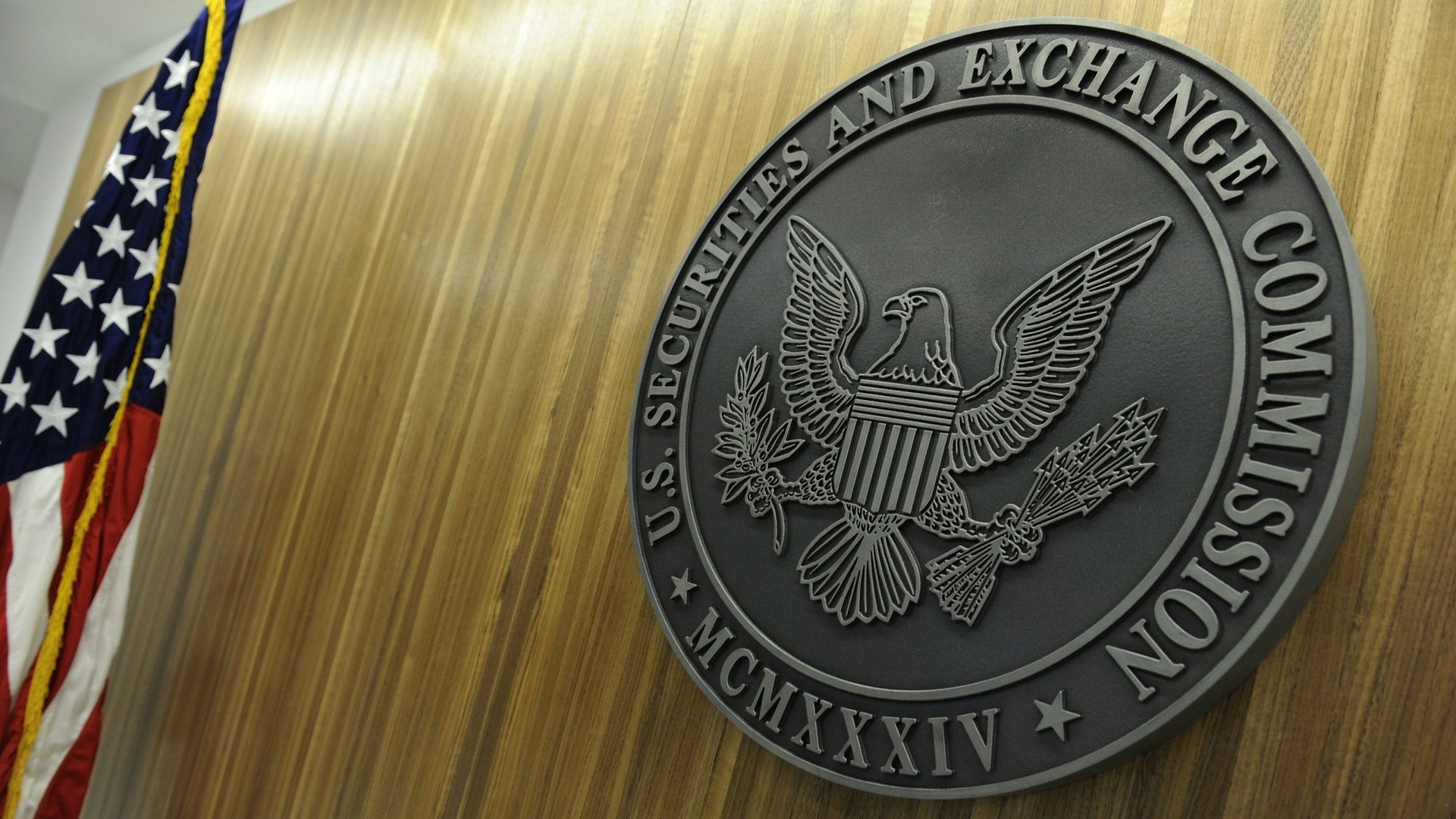To encourage others, the US has paid more than $100 million to just over 30 corporate whistleblowers
Uncovering fraud at the company where you work is uncomfortable, to say the least. Alerting the authorities is fraught, as you could face intimidation, retaliation, lose your job, or get tangled up in thorny legal battles. (Or, sometimes, all of the above.)


Uncovering fraud at the company where you work is uncomfortable, to say the least. Alerting the authorities is fraught, as you could face intimidation, retaliation, lose your job, or get tangled up in thorny legal battles. (Or, sometimes, all of the above.)
The US Securities and Exchange Commission wants to make this perilous process more worthwhile with cold, hard cash. Since 2011, the markets regulator has given out more than $100 million in rewards to 33 whistleblowers. More than half of this sum has been awarded since October last year.
The SEC’s Office of the Whistleblower this week rewarded a former employee of Monsanto $22 million, its second-largest payout ever, for revealing the company was misstating earnings for one of its popular products.
The US Congress set up the whistleblowing agency in 2011 to provide a financial incentive for people to come forward about fraud, part of the Dodd-Frank Act that sough to reform the finance industry after the global financial crisis. Since its inception, the agency had received more than 14,000 tips from would-be whistleblowers, from all 50 US states and 95 foreign countries.
The largest single reward was $30 million in September 2014 to a non-US resident (there are no other details, other than that the information revealed an “ongoing fraud that would have been very difficult to detect” and would have been even more if not for a “lengthy reporting delay” by the tipster). Over the past five years, the agency has collected over $500 million in fines from companies violating securities laws. If a fine is over $1 million, a whistleblower can be entitled to 10-30% of the money.
A former Deutsche Bank employee recently offered half of a $16.5 million reward said he was turning down his share of the bounty (paywall). Eric Ben-Artzi helped uncover that the bank was covering up billions of losses in its derivatives positions during the depths of the financial crisis. He is rejecting his share of the reward in protest against the agency for not punishing executives at bank and instead taking the money from the company—effectively, its shareholders. (Despite his stand, most of his whistleblowing award is going to his lawyers and ex-wife anyway.)
The SEC is also cracking down on companies for imposing policies on employees that discourage whistleblowing. In August, two firms (BlueLinx and Health Net) were fined a combined $605,000 for using severance agreements that forced employees to waive the rights to receive rewards from the SEC’s whistleblower program.
But the most effective tool for encouraging whistleblowers to come forward is the money. Andrew Ceresney, Director of the SEC Division of Enforcement, said the rewards program has had a ”transformative impact” on the agency’s work.